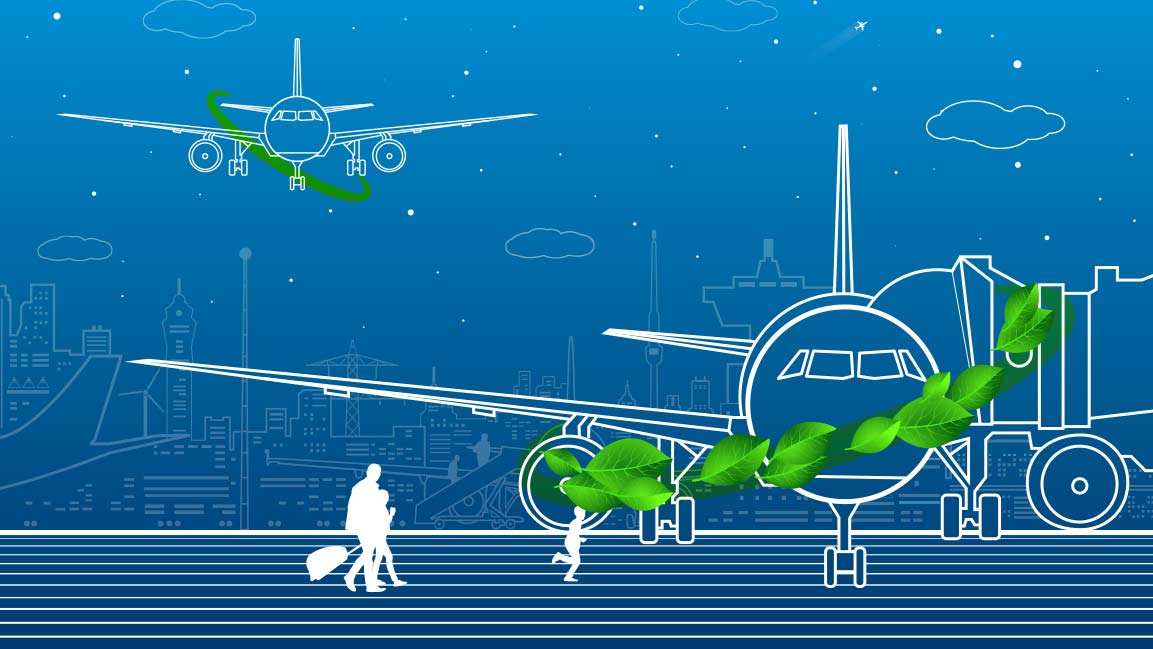- | 2:00 pm
UAE announces 10 new initiatives to achieve environmental targets
UAE's launches SAF guideline to drive production and boost sustainability.

Now accepting applications for Fast Company Middle East’s Best Workplaces For Women 2023. Click here to register.
Between 2019 and 2021, the UAE achieved a 10% reduction in greenhouse gas emissions, securing the top position in the MENA region in the 2022 Environmental Performance Index. Globally, the country has secured the second position in the category of energy transition of the 2023 Global Green Future Index, the sixth highest per capita consumer of solar energy in the world.
With these moves, as part of 10 new initiatives working to achieve the UAE’s environmental targets, the country plans to establish the Emirates Electric Vehicle Charging Stations Co, which will develop infrastructure to charge EVs and oversee charging station operations.
A new policy for sustainable aviation fuel (SAF) that stipulates at least 1% of the total fuel to be supplied at UAE airports for airlines in 2031 will be sustainable and produced locally, with a main goal to produce 700 million liters of SAF annually by 2030 was also launched.
This comes as Sheikh Mohammed bin Rashid Al-Maktoum, Vice President and Prime Minister of the UAE and ruler of Dubai, guided a Cabinet meeting at the Dubai Expo, coinciding with COP28.
The initiatives include adopting a general framework for the 2031 Biodiversity Strategy, which works to protect natural systems and improve the nation’s workforce in the field.
Additionally, a global appeal for carbon removal from the waste sector is one of the initiatives, aligning with the launch of a national carbon credit registry. This will allow for governments to assess their contributions towards reducing carbon emissions via authenticated government certificates.
The cabinet similarly approved the first edition of the Gulf state’s long-term low-carbon development strategy via the UAE’s 5th National Communication Report.
Meanwhile, The National Guide for Smart Construction, to be applied to all construction projects in the UAE, looks to standardize building design by adopting smart building indicators to incorporate smart construction and digital design.
Al-Maktoum stated that the UAE has invested over $50 billion in clean energy projects across 70 countries and will continue to invest another $50 billion in the sector over the next decade.
Ahmed Al Kaabi, Assistant Under-Secretary for the Electricity, Water and Future Energy Sector at the Ministry of Energy and Infrastructure (MoEI) and Chairman of the UAE Sustainable Fuel Committee, affirmed that the guideline on SAF will provide added value and bolster research and development efforts, while utilizing cutting-edge technology in producing SAF.
He added that the ministry is currently coordinating with competent authorities, including the General Civil Aviation Authority (GCAA), to develop implementation plans to ensure the objectives of the guideline are achieved.































